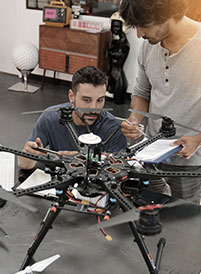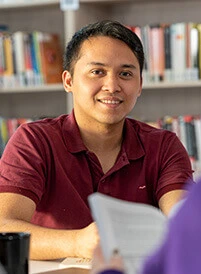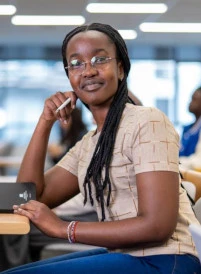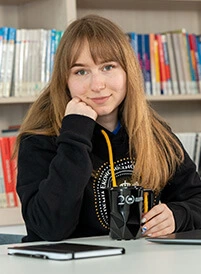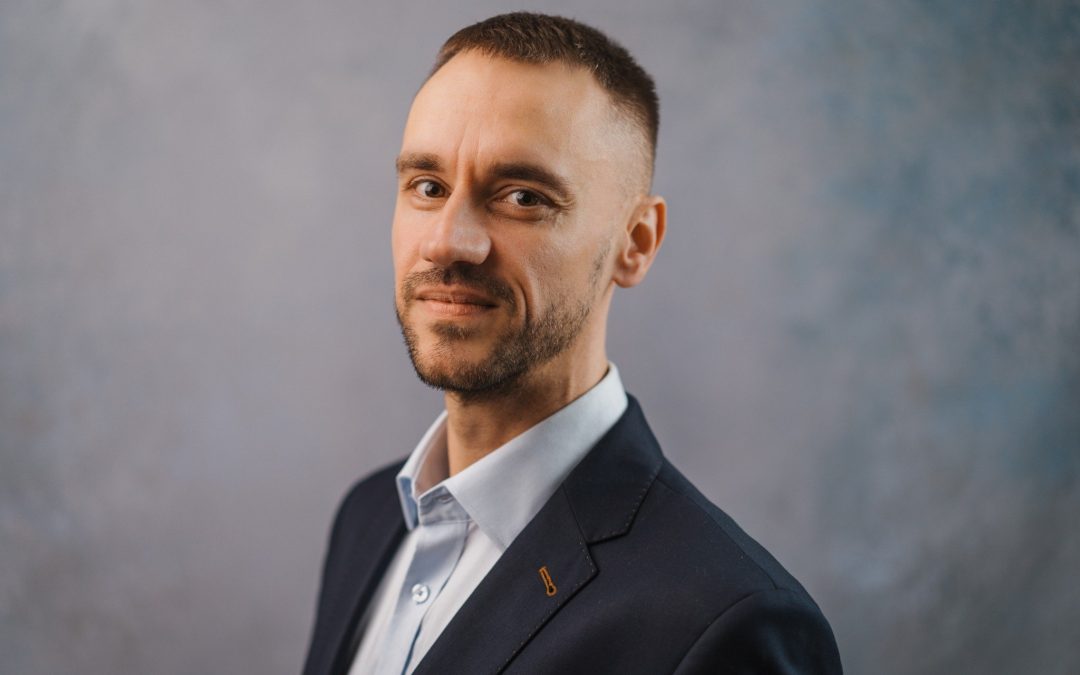Language and communication in the experience of international students: Advancing intercultural communication and adaptation theory
,,My research interests focus on the intercultural experience of various actors and, particularly, on the role of language and culture in shaping these experiences. Previously, I studied the experiences of Polish business expatriates in China and Polish missionaries in South American countries. Since around 2019, I have been systematically exploring the intercultural experiences of international students in Poland and several other countries. During my research from 2020 to 2021 at the University of Bologna in Italy, I identified gaps in our understanding of the role of foreign language proficiency and communication patterns in the cultural adaptation of international students (i.e., their adjustment to various aspects of the host culture). The results of this research were published in the international journal Higher Education (link to the article: https://link.springer.com/article/10.1007/s10734-022-00888-8).
Recognizing the need to develop a theory of intercultural communication and adaptation that better explains the contradictory results of empirical studies, I designed longitudinal research involving students and staff at our university. Our university is an ideal location for this project due to its highly international character and its setting in a non-English-speaking country, allowing us to examine the roles of local language (Polish) proficiency as a foreign language and English as a lingua franca.I am extremely pleased that the National Science Centre has recognized the theoretical and practical value of this project by providing funding. I am confident that the implementation of this project at our university will enable us to develop practical solutions that enhance the intercultural experiences of our entire academic community’’.~ Prof. Michał Wilczewski
We are pleased to inform you that our university professor, Dr. Michał Wilczewski, has been awarded a research grant by the National Science Centre under the Opus 25 scheme for a three-year research project at our University of Economics and Human Sciences in Warsaw (UEHS) on the relationships between language, communication, and intercultural adaptation.
The results of this project will have practical applications in developing our university’s language policy to enhance the experiences of our academic community. Therefore, we warmly encourage our entire community to actively participate in the research within this project!
Research reveals that many international students, that is, individuals who are not residents of their country of study, do not fully benefit from their international experience. Studying abroad poses numerous challenges, causing anxiety and stress. The language barrier is one such challenge affecting students’ cultural adaptation, which refers to the degree to which they fit into the host country’s environment. Nonetheless, the literature reports inconsistent results regarding the effects of foreign-language skills and communication patterns on international students’ cultural adaptation.
This project, titled Language and communication in the experience of international students: Advancing intercultural communication and adaptation theory, aims to resolve the contradictory findings of previous studies by advancing the understanding of the impact of local language proficiency and English as a lingua franca, as well as specific communication patterns, on various dimensions of cultural adaptation for individuals studying in a non-English-speaking country (Poland). Additionally, the project will examine the influence of social networks and individual factors, such as cultural background or cultural intelligence, on the relationship between language and cultural adaptation.
The research team led by M. Wilczewski will collect data through questionnaire surveys and group and individual interviews with members of our academic community at UEHS, including international and local students, as well as lecturers and administrative staff. These longitudinal studies will gather data in three rounds over 18 months, allowing for the tracking of changes in the experiences of the participants and accurately determining the impact of language skills and various socio-cultural factors on cultural adaptation.
The project will make a significant contribution to applied linguistics in the field of intercultural communication and adaptation theory. By integrating diverse theoretical perspectives, it aims to resolve the issue of conflicting empirical findings. Using innovative methods and techniques from both quantitative and qualitative research, the project results will deepen our understanding of the complex relationships between language, communication, and adaptation. The research conducted at UEHS will shed new light on the adaptation process of international students in Poland, which is particularly important in the context of current global crises and the growing number of international students in Poland.



